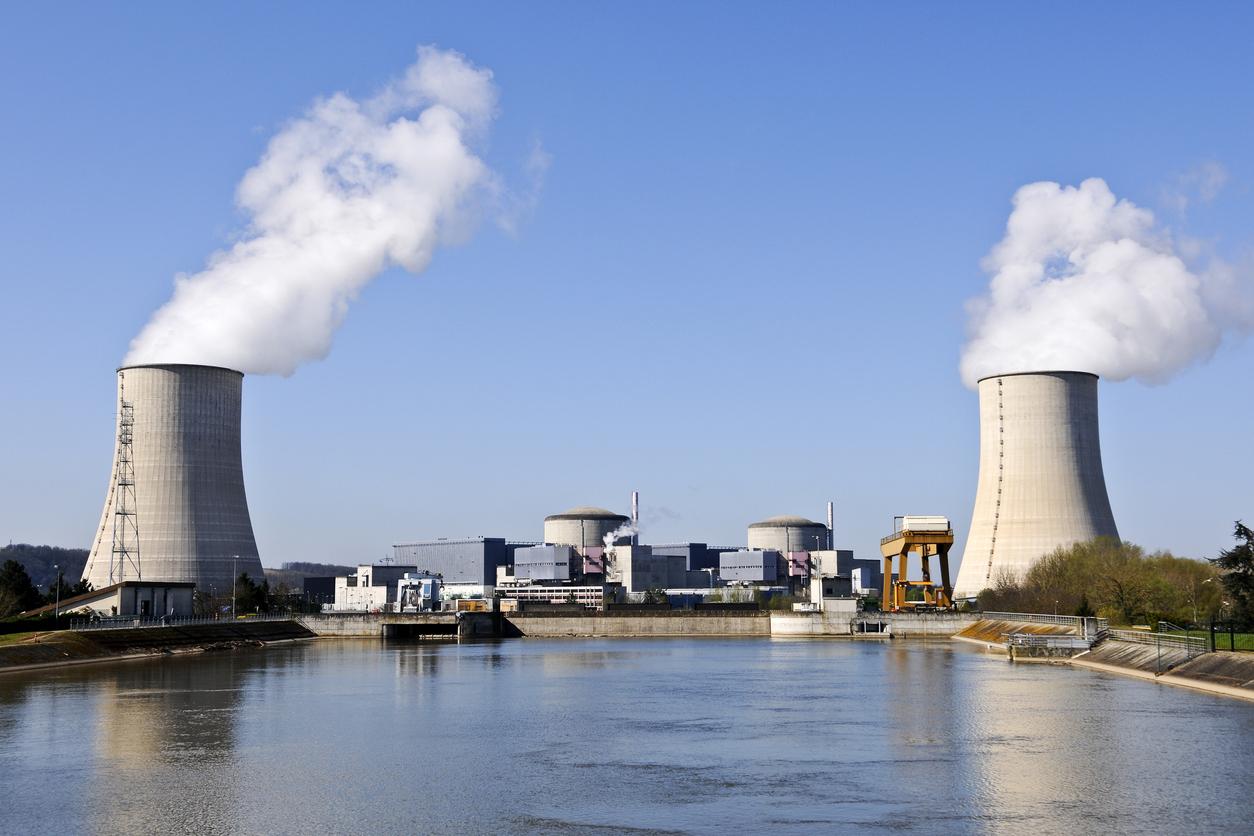Colon cancer kills 18,000 people a year in France, 5 times more than road accidents. Recently, scientists have noticed that this cancer appears at an increasingly early stage, often before the age of 50.
“The number of young patients diagnosed with colorectal cancer has skyrocketed over the past 20 to 30 years,” said Dr. Suneel Kamath, gastrointestinal oncologist at the Cleveland Clinic. “And most cases are neither genetic nor hereditary,” he adds.
A study conducted on 170 patients with colorectal cancer
Suspecting that our way of life, and more particularly our diet, is probably the cause of this early onset of colorectal cancer, researchers at the Cleveland clinic in the United States recruited 170 patients with colon cancer (including 66 patients under 50 and 104 patients over 60) and studied samples of metabolites, which are substances created when the body breaks down food.
Differences in the breakdown of proteins and carbohydrates
The results of their study, presented at the American Society of Clinical Oncology meeting on June 3, show that people under 50 with colorectal cancer had lower levels of citrate (created when the body converts food into energy) lower than those of older people with the same cancer. They also found significant differences in the breakdown of proteins and carbohydrates.
“The results suggest that excess energy from sugary drinks, red meat consumption and obesity may be risk factors for early-onset colorectal cancer. Further studies are now needed to understand the development of disease, and to create biomarkers for better therapies in early-onset colorectal cancer.”
Source :Cleveland Clinic Research Suggests Metabolite Differences in Young-Onset Versus Average-Onset Colorectal CancerCleveland clinin newsroom, June 2023


















